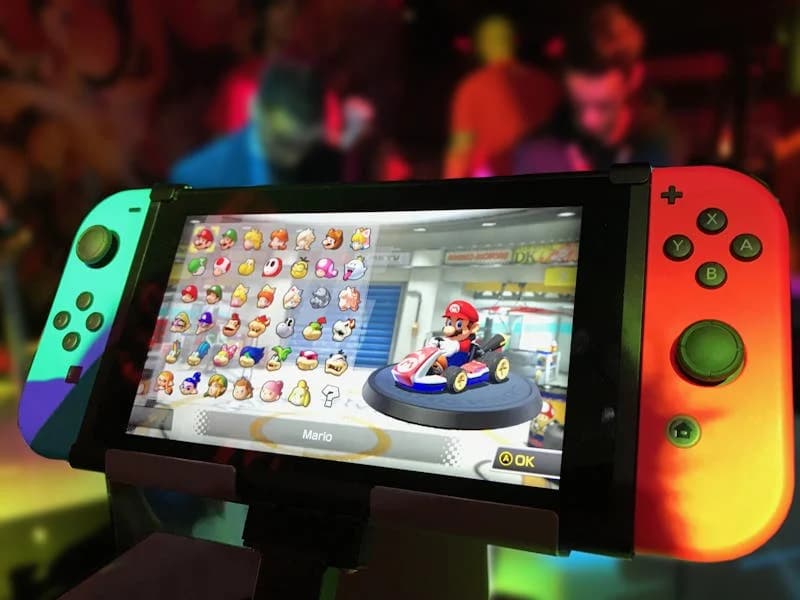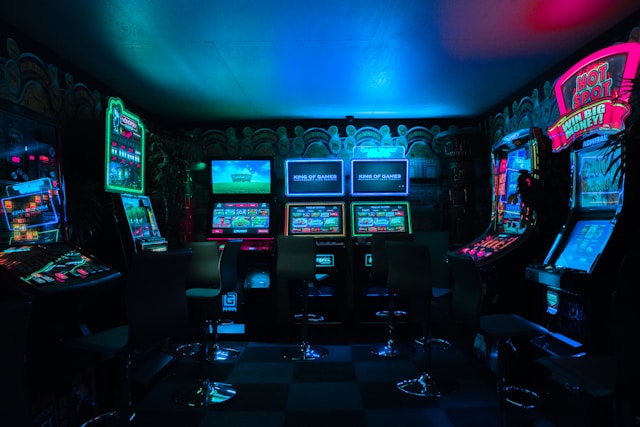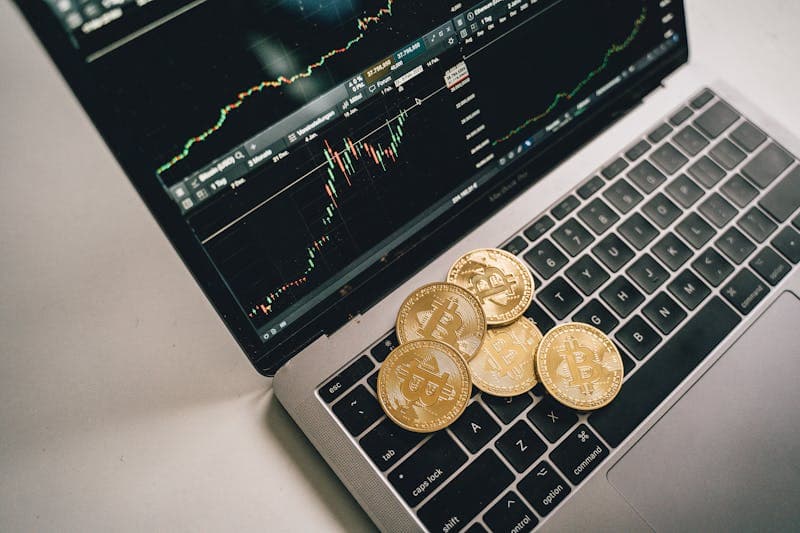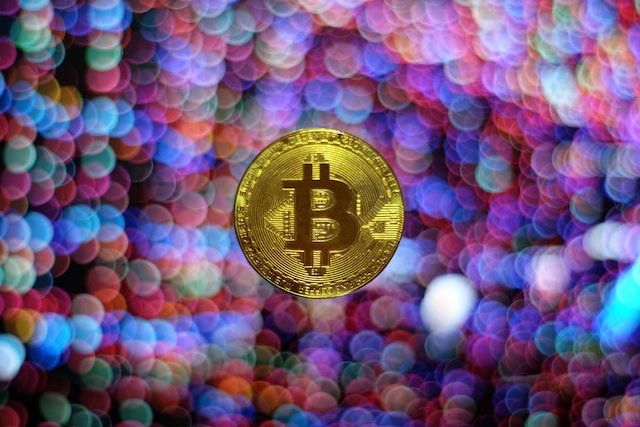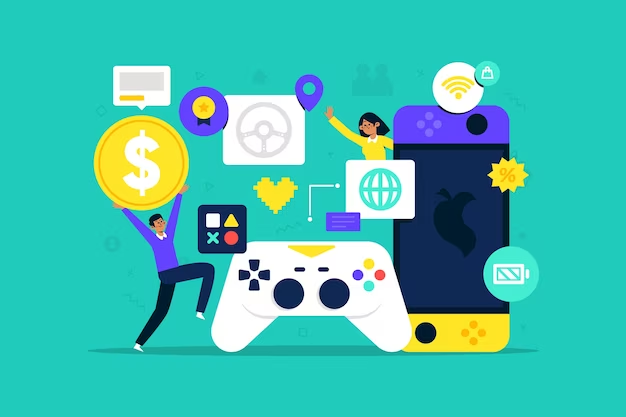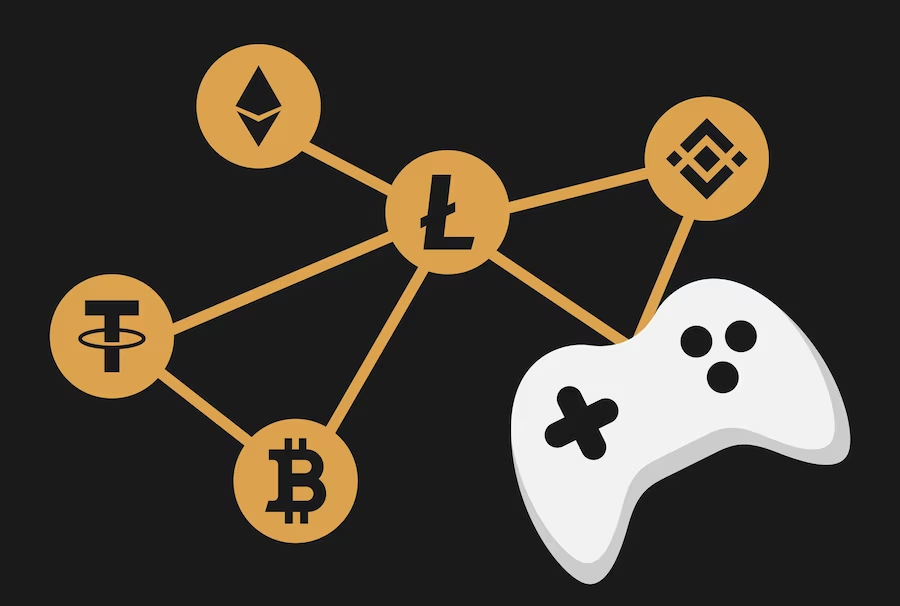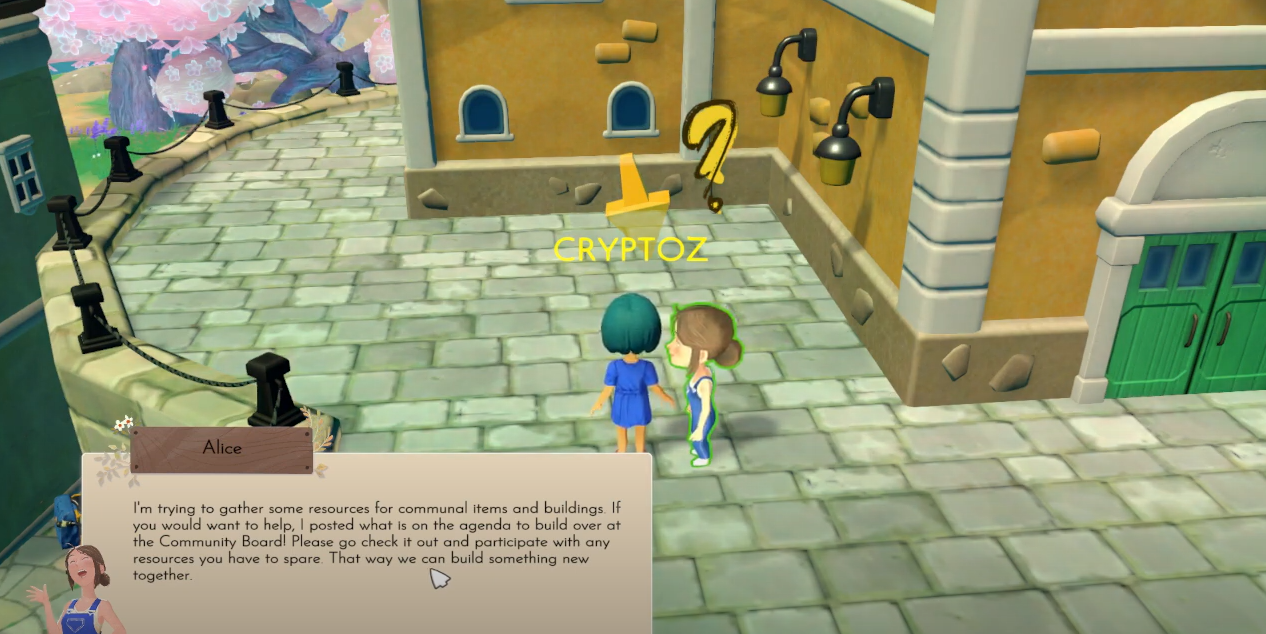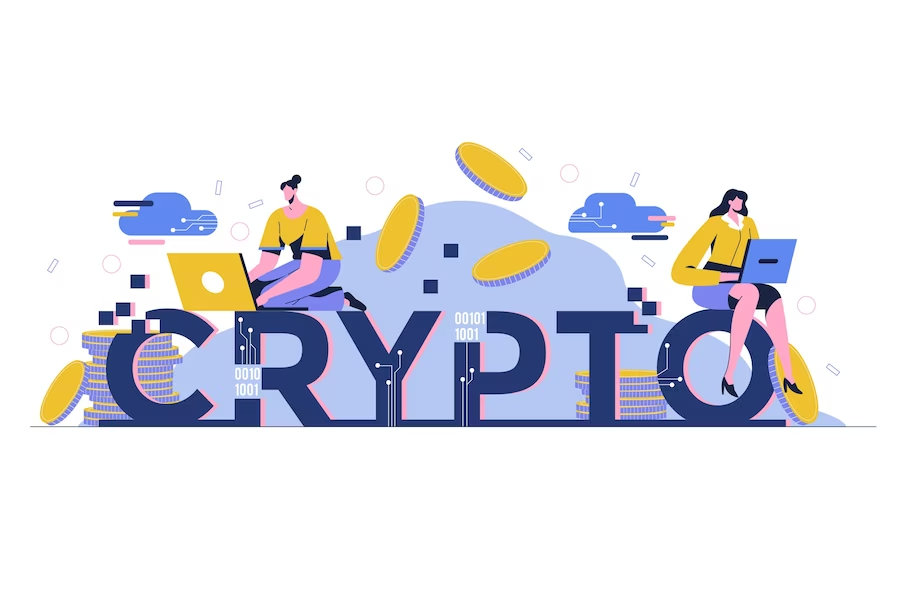Blockchain is a way to store information in a chain of data. Imagine a book where each page is connected to the previous page and the next by special locks. If someone wanted to change something on one of the pages, they would have to change all subsequent pages, which is very difficult to do without someone noticing.
In a blockchain, each block of data is linked to the previous one using a mathematical puzzle, making the data secure and almost impossible to change without the permission of all participants in the network.
This technology is known for cryptocurrencies like bitcoin, but it can be used in many other areas, including game creation. In blockchain games, you can, for example, have unique items that can be traded or used in the game, and all of these transactions will be protected and verified thanks to the blockchain technology.
Basics for Developers
To create games on blockchain, developers need to know some features and tools.
Programming languages:
The main language for creating smart contracts on the Ethereum blockchain is Solidity. It is a special language similar to JavaScript that allows you to create rules to execute transactions on the blockchain.
Smart contracts:
These are programmes that automatically perform certain actions when specified conditions are met. For example, transferring a game item from one player to another after payment.
Blockchain platforms:
Besides Ethereum, there are other platforms for creating games, such as Binance Smart Chain or Polygon. They may offer different terms and features for developers.
Development tools:
To work with blockchain, you will need special tools and programmes. For example, Truffle or Hardhat help to develop and test smart contracts.
Libraries and frameworks:
There are many off-the-shelf solutions that make it easier to create games. For example, OpenZeppelin offers secure smart contract templates and Phaser is a framework for creating 2D games that can be used in combination with blockchain.
Creating Gameplay
In order to make a blockchain game interesting and engaging, you need to design the gameplay well. Here are a few key points:
- Unique in-game items: Use the blockchain to create unique items in the game, such as weapons or costumes. The blockchain allows each item to be unique and owned by only one player.
- Ownership and Exchange: Give players the ability to actually own their items and exchange them with others. This creates an economy within the game where items can be bought and sold.
- Transparent game rules: Smart contracts can ensure that the rules of the game are followed without exception. This means that no one can change the rules in their favour discreetly.
- In-game achievements and rewards: Use blockchain to record player achievements and give out rewards. For example, you can create rare items as rewards for completing challenging tasks.
- Integration with the outside world: Blockchain allows you to connect gameplay with the real world. For example, outcomes in the game can influence real-world events or vice versa.
Each of these points makes the game more than just fun, but creates a deep system of interaction between players, items, and the game itself, adding an extra layer of passion and interest.
Benefits and Challenges
Creating games on blockchain offers many benefits, but it also faces challenges. One of the main benefits is the ability for players to own and exchange unique game items, which makes gameplay more interesting and adds value to games.
Also, blockchain makes games more transparent and fair, as all transactions are verifiable and cannot be changed.
On the other hand, there are challenges such as development complexity and high transaction costs that can discourage developers and players.
In addition, blockchain technology is still fairly new and therefore there may be issues with scaling and game performance.
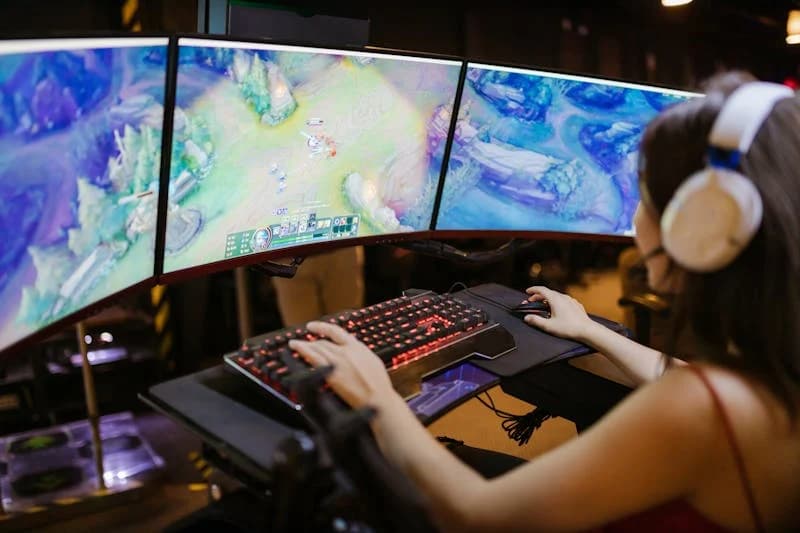
Conclusion: The future of Blockchain Gaming
Blockchain has great potential to change the world of gaming. It makes games not only more fun and interesting, but also offers new opportunities for players, such as trading unique items and real rewards.
Yes, there are challenges, such as game creation and high transaction costs. But as technology advances and new solutions emerge, many problems will be solved.
In the future, we can expect even more exciting blockchain games that will attract more and more people. This is not only a new way to play, but also a new way to interact and earn in the gaming world.
FAQs
Can I play blockchain games without cryptocurrency?
Yes, some games do not require cryptocurrency to play.
Do I need to be a developer to create a game on blockchain?
No, there are tools that make it easy to create games without deep programming knowledge.
Can blockchain games be free?
Yes, many blockchain games are offered for free, with the option to purchase add-ons.
Does blockchain affect game speed?
Blockchain can affect the speed of transactions, but developers are looking for ways to minimise latency.
